by Ryland Walker Knight
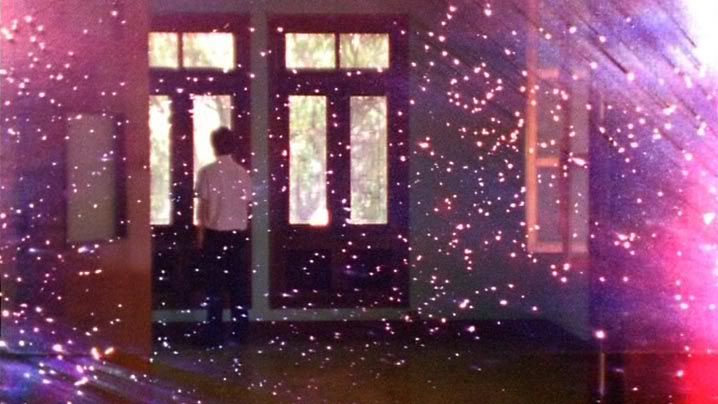
—Nothing mundaneFor whatever reason, be it school or myopia or plain ignorance, I've not attended any of the San Francisco International Asian American Film Festivals prior to this year. However, now that I'm here, and was kindly invited, and now that I'm more "knowledgeable," or appropriately curious, I'm greatly looking forward to next week's run of films. Actually, it starts this week, this Thursday, at the Castro as always, with a film starring Daily Show correspondent Aasif Mandvi called
Today's Special.
But for me the festival starts Friday. I'll be seeing the Thai film,
Agrarian Utopia, which festival director Chi-Hui Yang spotlit as one not to miss. Its title says a lot, I worry, but I'm told it lives past that pegging through a unique visual style attuned to mud and snakes as much as trees and humans. Chi-Hui even called it part of the Apitchatpong school as a way of short hand. Also under that umbrella is
Mundane History, which I plan to see Sunday night. It's too bad both of these films have such jejune titles. Hopefully I can talk about more than that when I see them.
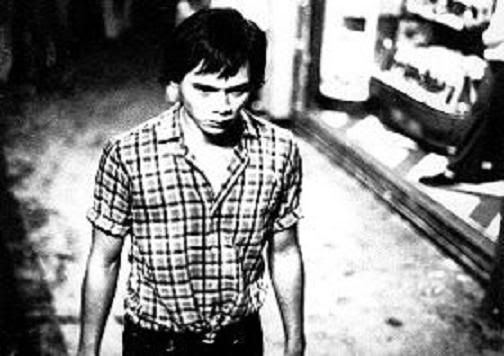
Yet more exciting is the minor Lino Brocka retrospective. Four films will be shown, starting with
Insiang, which Noel Vera claims is a masterpiece, an inversion of what we ought to teach our children; that is, a survival guide premised on moral wrongs not rights. Part of my interest, no doubt, is pure cinephilia, but I will cop to also wanting, plainly, to see what the Philippines
looked liked in 1976. That's always an interest in foreign cinema, but rare artifacts like these seem to push that interest to the fore. (This is also true of stuff like the Thai films mentioned above.) I know this borders on exoticism, and tourism, but I'm okay with that; it's not, after all, anything but curiosity. So I hope to learn some other things about that world when I see
You Have Been Weighed and Found Wanting (1974, a broad-canvas melodrama; perhaps an opposite to
Insiang),
Bayan Ko: My Own Country (1985, the film that prompted the Marcos regime to revoke Brocka's citizenship) and
Manila in the Claws of Neon (1975, a defining Filipino neo-noir) through the week.
The final curiosities I've earmarked are a pair of shorts programs. The first I'll get to see is called
Memory Vessels and Phantom Traces, which pulls together a video
about a boat, a little film
that reappropriates propaganda films from the Vietnam war to talk history and historicity, and a little five minute landscape film
about an Indian salt flat. Should be pretty, and quiet. The other program, called
What We Talk About When We... is kind of a who's who of the festival circuit's Asian contingent:
Joe's
A Letter to Uncle Boonmee (which I wrote about
here),
Tsai Ming-Liang's
Madame Butterfly (which
Danny saw at Rotterdam),
Jia's
Cry Me A River (which I've been wanting to see since it debuted at Cannes) and
Hong Sang-soo's
Lost in the Mountains (which I'm sure will be funny and deadpan and bifurcated, even if smaller than normal).

—You don't know nothingAs it happens, I had the pleasure of seeing one of the festival's other films by Hong, his newest feature,
Like You Know It All, on a screener. It's just the third Hong feature I've seen (or maybe second and change), after
Virgin Stripped Bare By Her Bachelors (2000; thanks to
Brian) and the first half of the first half of
Woman is the Future of Man (2004; which I've reacquired for reacquaintance). And it made me think like it was actually the first one I've seen. In fact, I barely remember
Virgin, and
Woman is the Future is hazy at best. What I can say is that this new one feels wildly different despite obvious consistencies such as the doubling/mirroring and the surrogate/stand-in protagonist.
Like You Know It All isn't a knee-slapper by any stretch, but it seems funnier than those other two I've seen (if equally deadpan), and some of the jokes come from the style. He's using a zoom now, not just a tripod, and many scenes are bookended by not-quite pillow shots where the image jerks from its putative subject to reorient and reframe the surroundings. Sometimes this is just a simple whip-pan to a window. Others, it's like he's trying to find a postcard image. I'd call it sloppy if it weren't so intentional. It makes the film more buoyant, for sure, and helps skip over that ugly rape narrative in troubling ways (you're laughing to not look back), and it sets up the final scene on the beach, with its wayward idiots going in opposite directions, to show just how fickle people (and the world) can be. Which is all to say go see it; it plays three times at the festival.
There's not much more to say, I don't think, but there is a movie there—a real film—complete with a dream sequence worthy of late Buñuel and all kinds of self-flagellation. I can say that: Hong never lets himself off the hook. Like any good, suffering type he knows his own hypocrisy and how to poke at it while simultaneously inflating himself. I'm guessing this is consistent based on everything I've heard or read so I'm curious to see one that people think is a masterpiece to suss out why. Case in point: 2008's
Night and Day, which Danny says is pretty close to perfect. I'll have to report back on that, but maybe it has something to do with the move outside of Korea? Unsure, but okay—and piqued, of course.
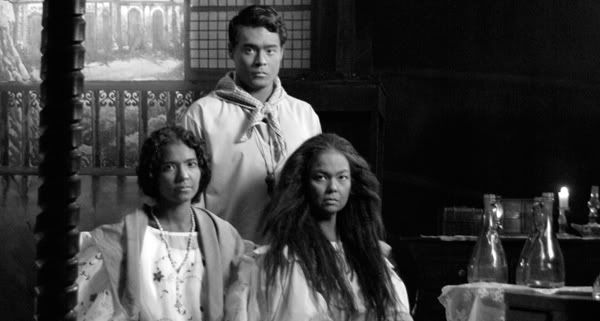
Lastly, there's three other "banner" inclusions. The most famous and controversial (maybe of the festival?) is
City of Life and Death, which will have a rare US screening, and is sure to make me cringe, or so I've been lead to believe. Less famous, I guess, is Raya Martin's
Independencia, which actually played at Cannes last year, and which looks beautiful. Unfortunately it only plays twice and I'm going to miss the first showing this Friday (because I'll be at
Ben Russell's film at YBCA), so I hope to squeeze it in between a showing of
The Housemaid (1960, Korean, free to see on
The Auteurs if you want to deny yourself a theatrical screening) at the Castro and
Mundane History back up at the Kabuki on what's stacking up as a packed Sunday this weekend. For that matter, it'll be a packed week. Should be fun. Stay tuned.




![]()
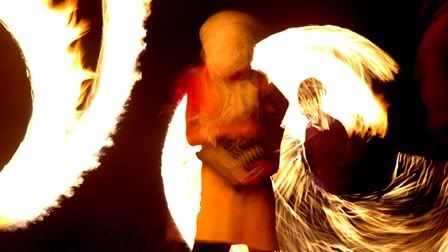
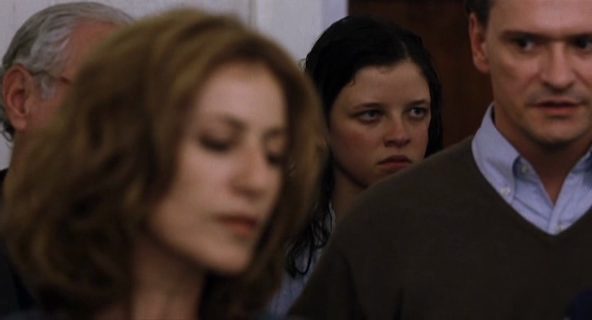
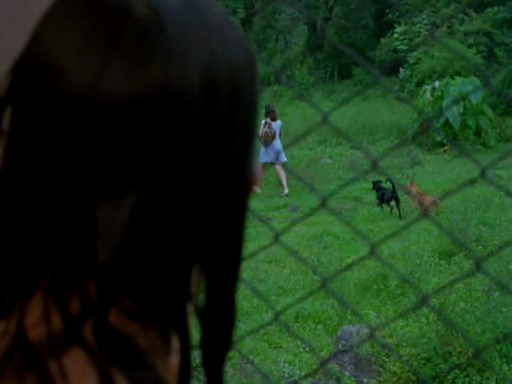
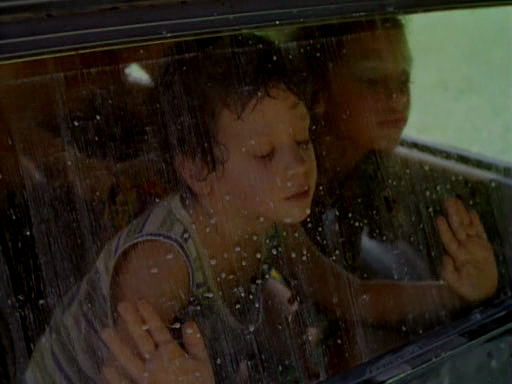
![]()
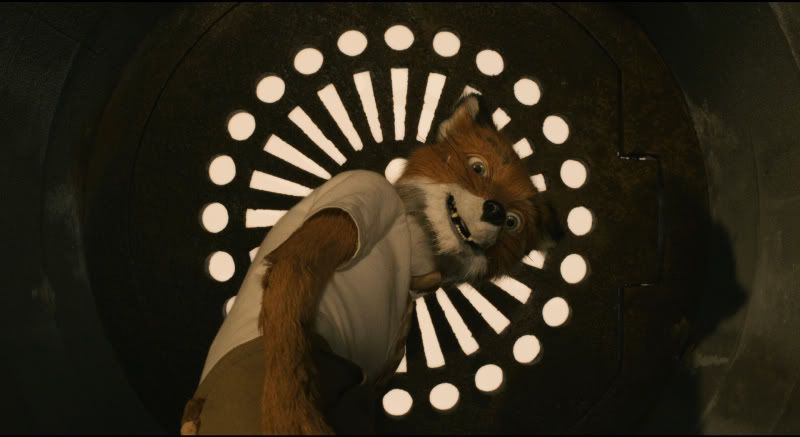
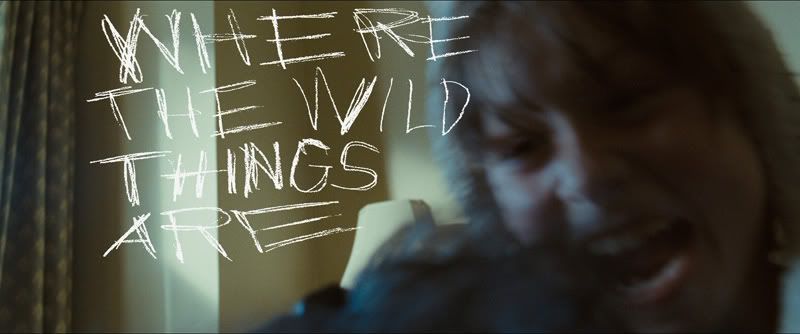
![]()
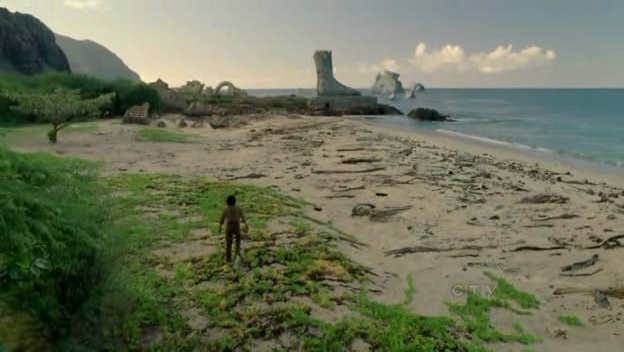
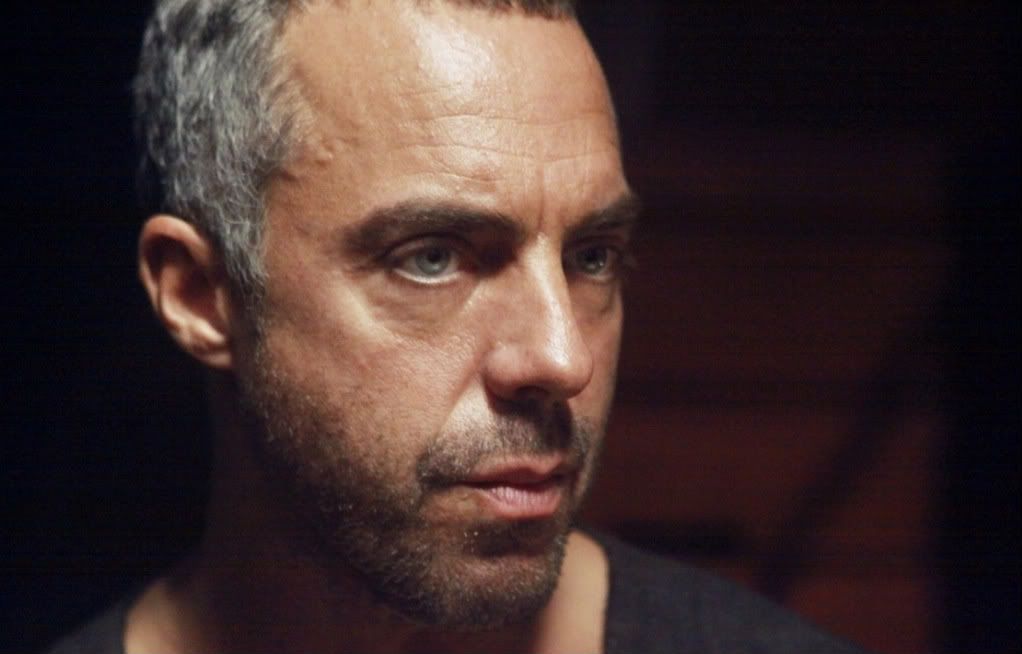
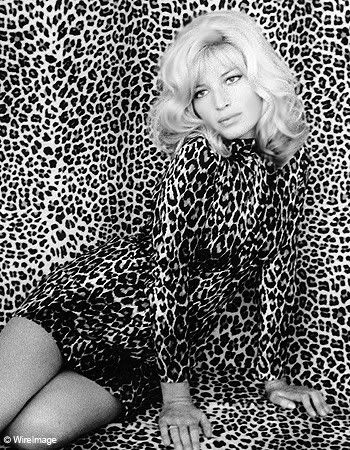
![]()
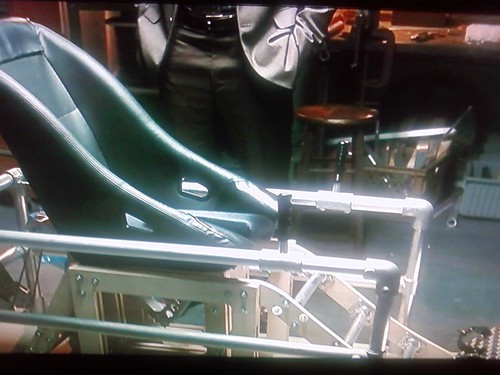
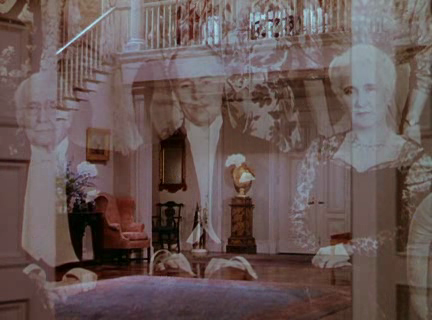
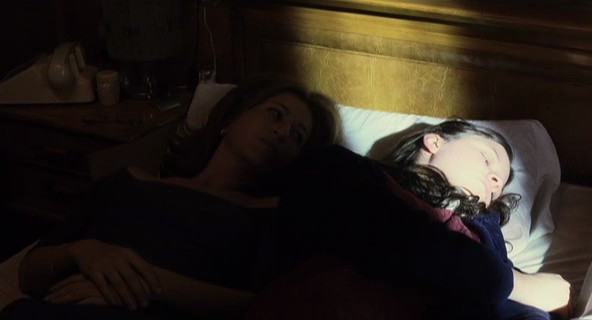
![]()
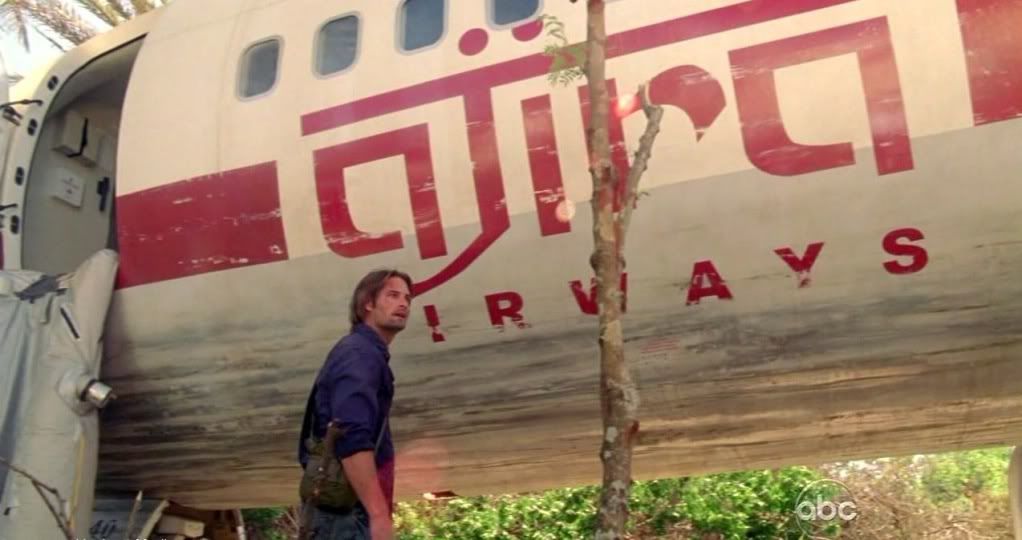
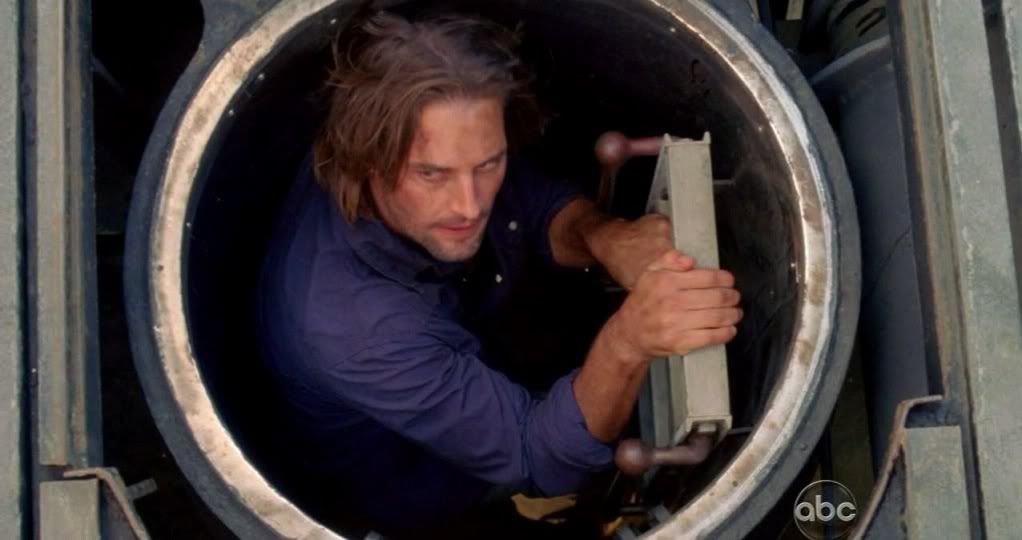
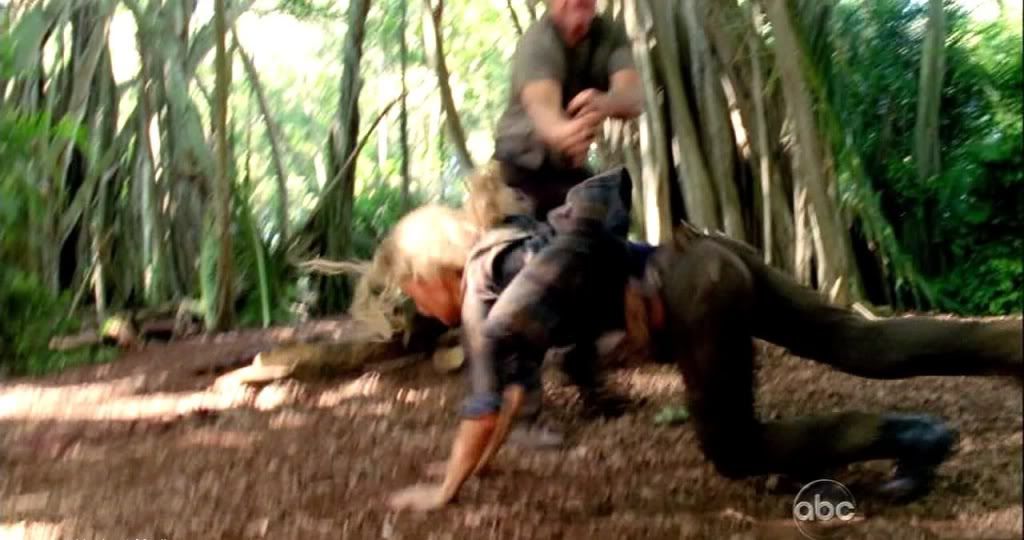
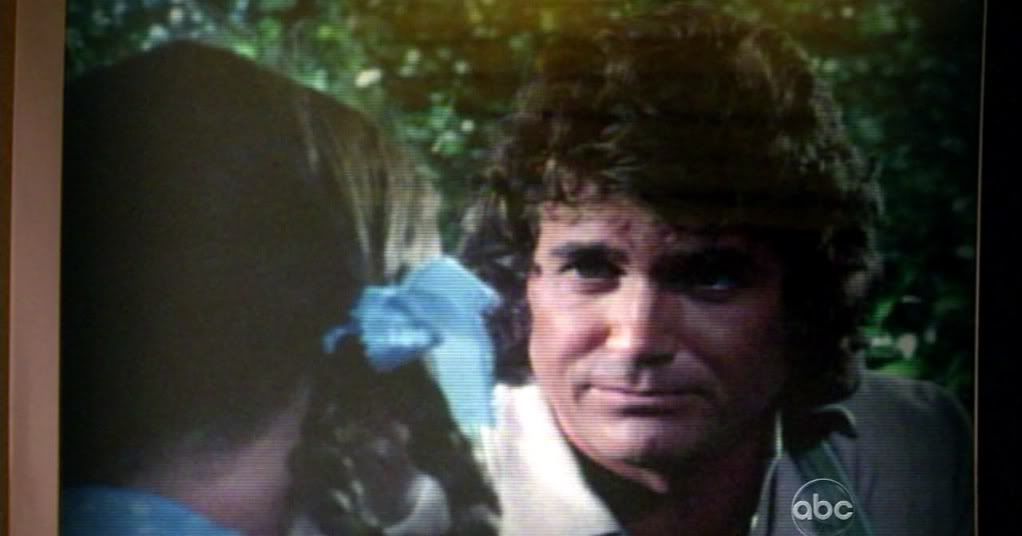
![]()


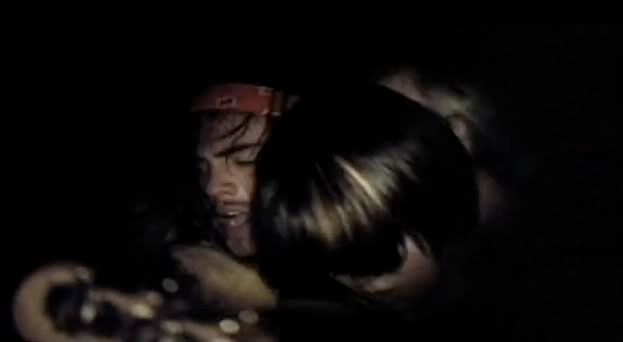
![]()
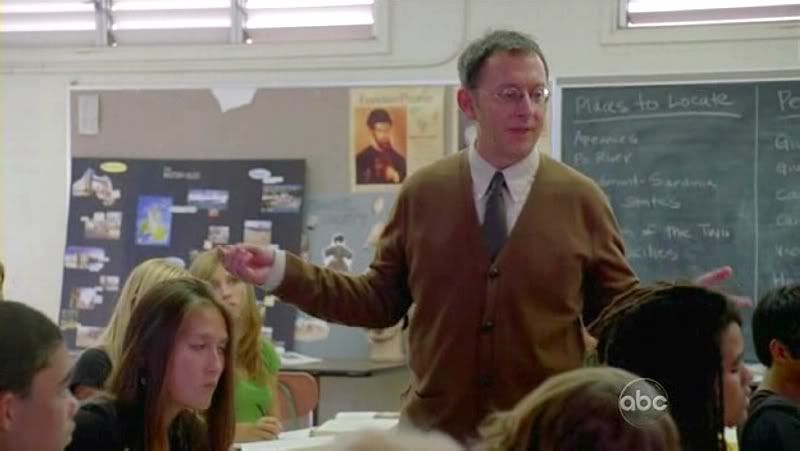
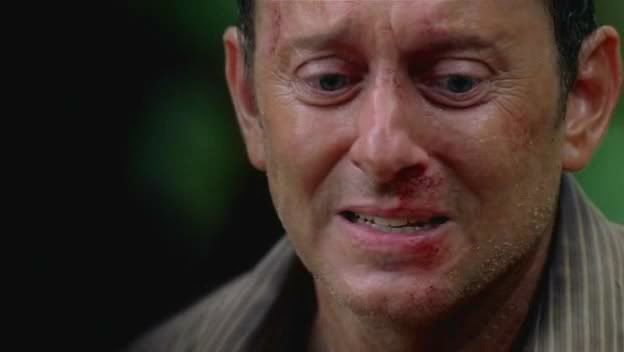
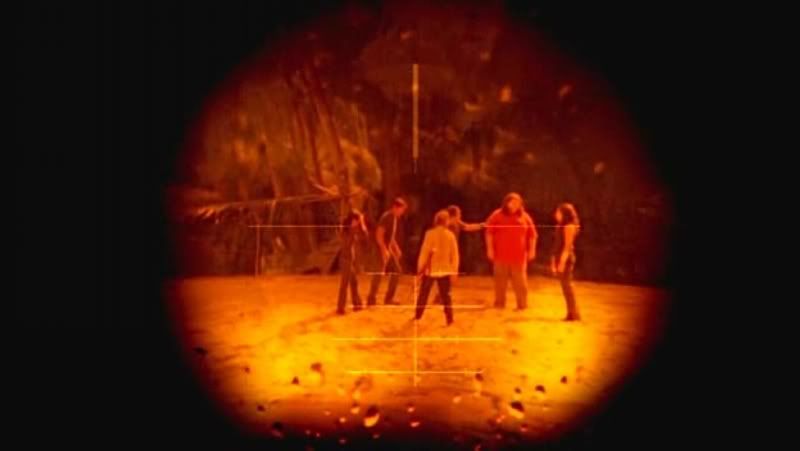
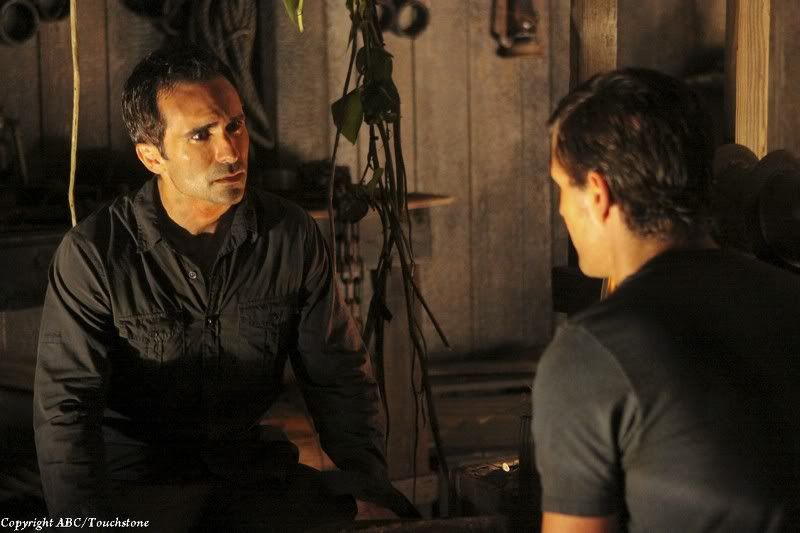
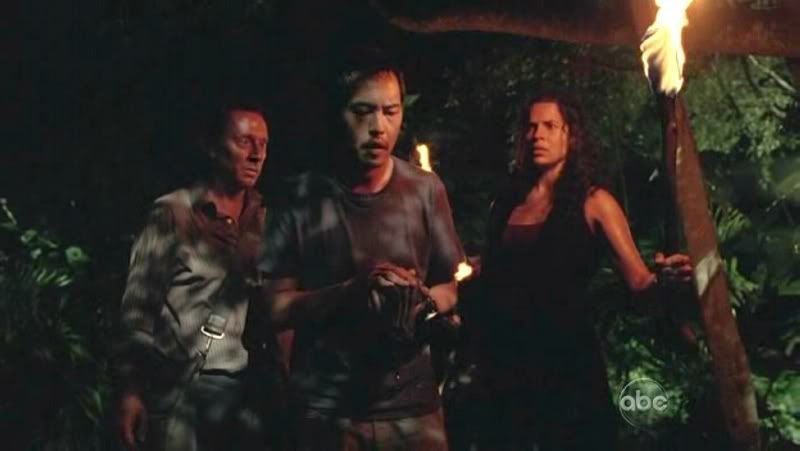
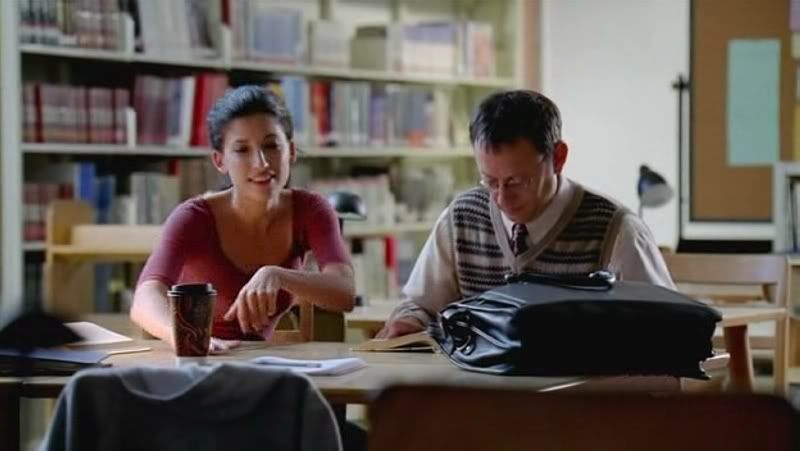
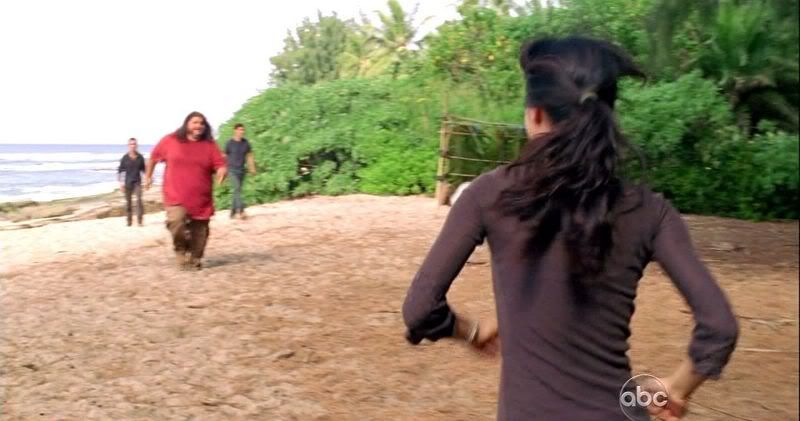




![]()
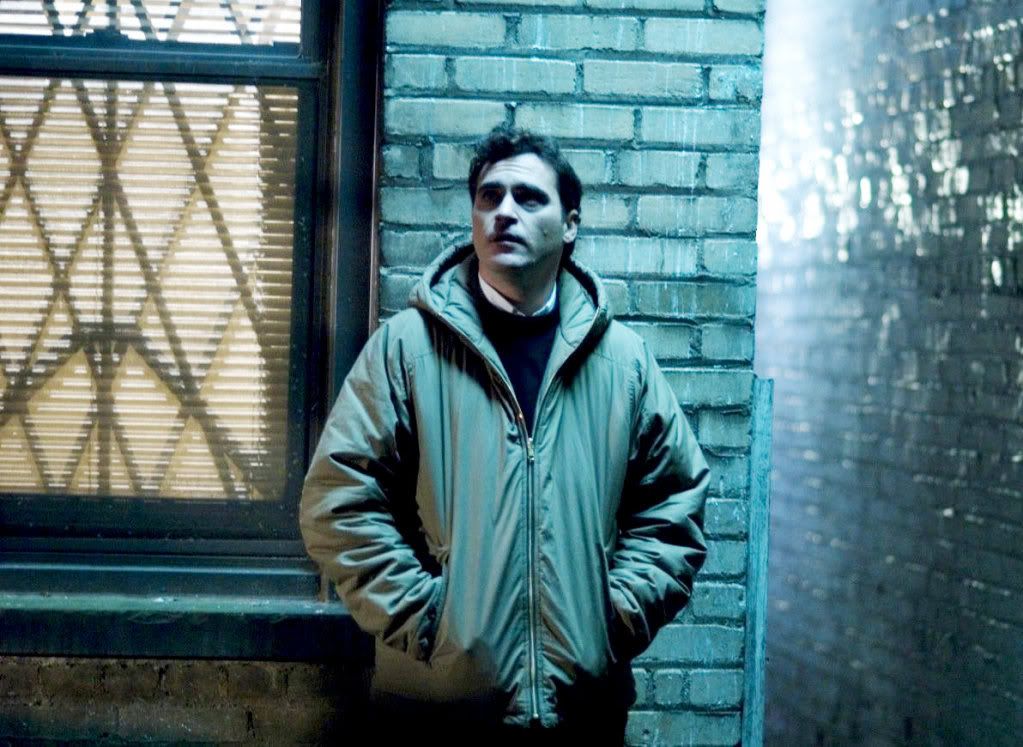
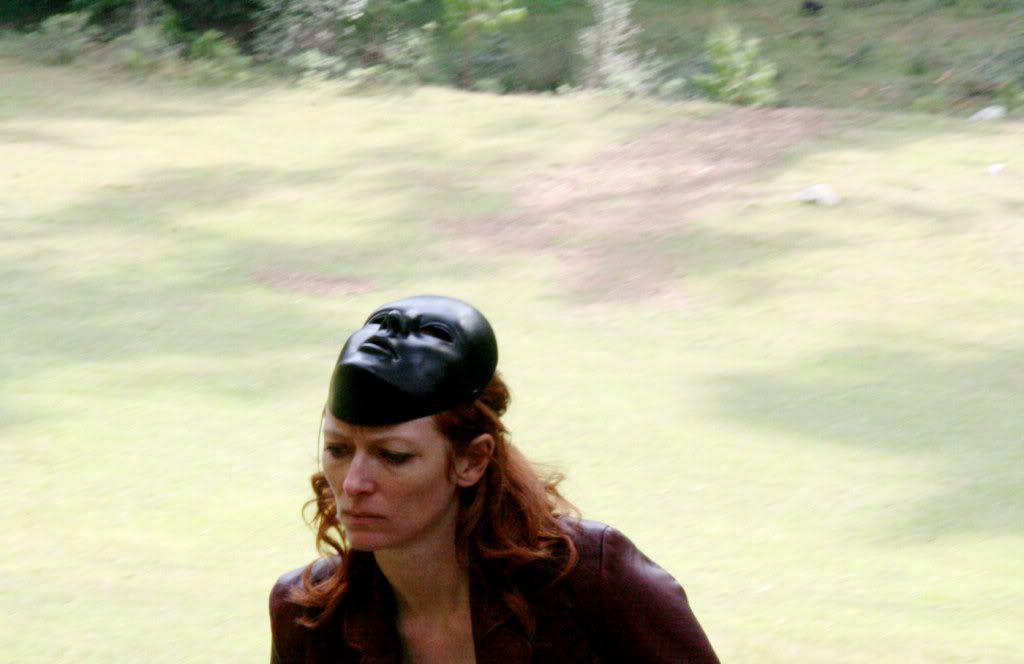
![]()
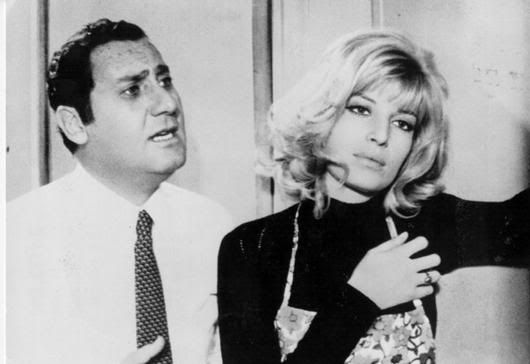
![]()
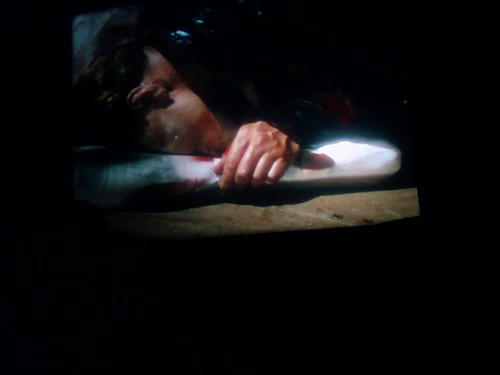
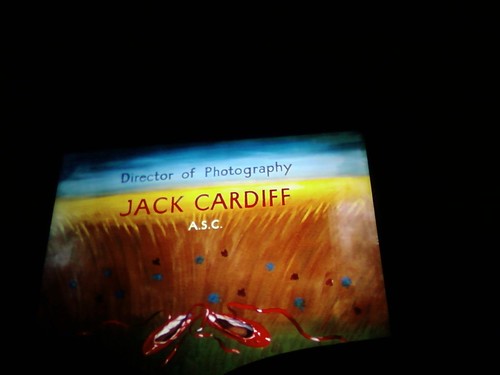
![]()
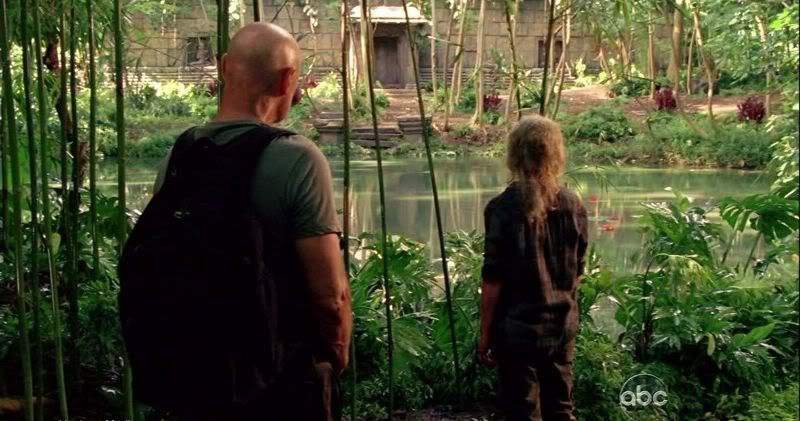
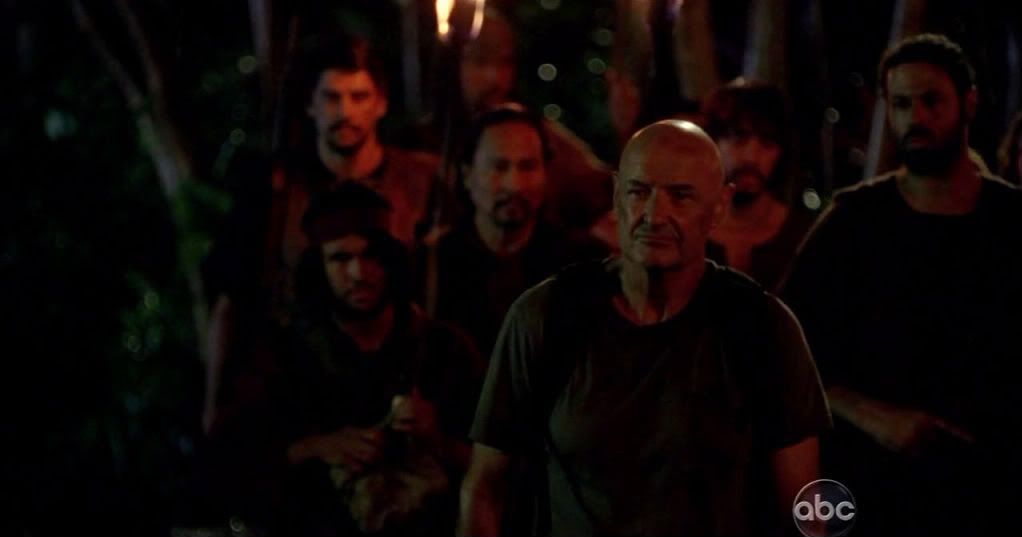
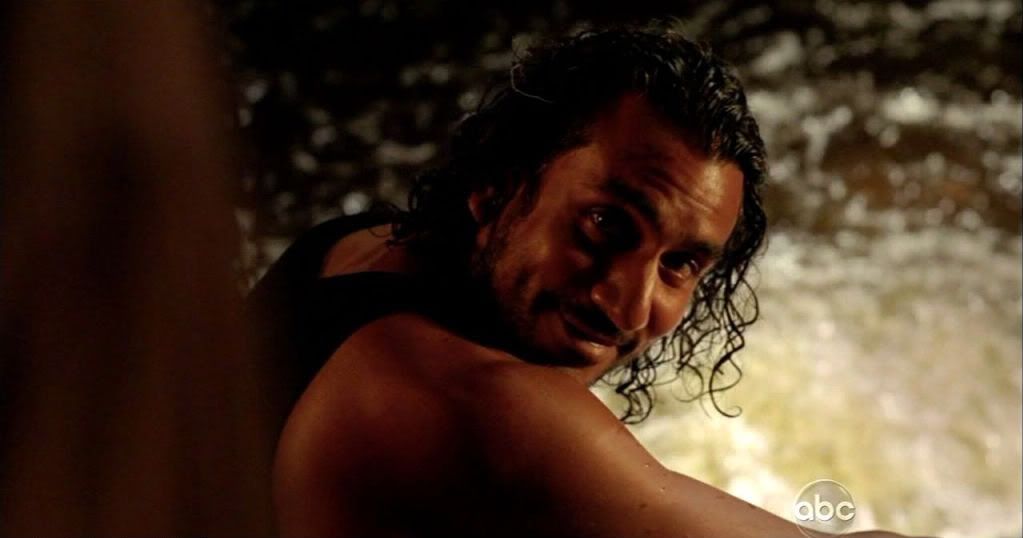
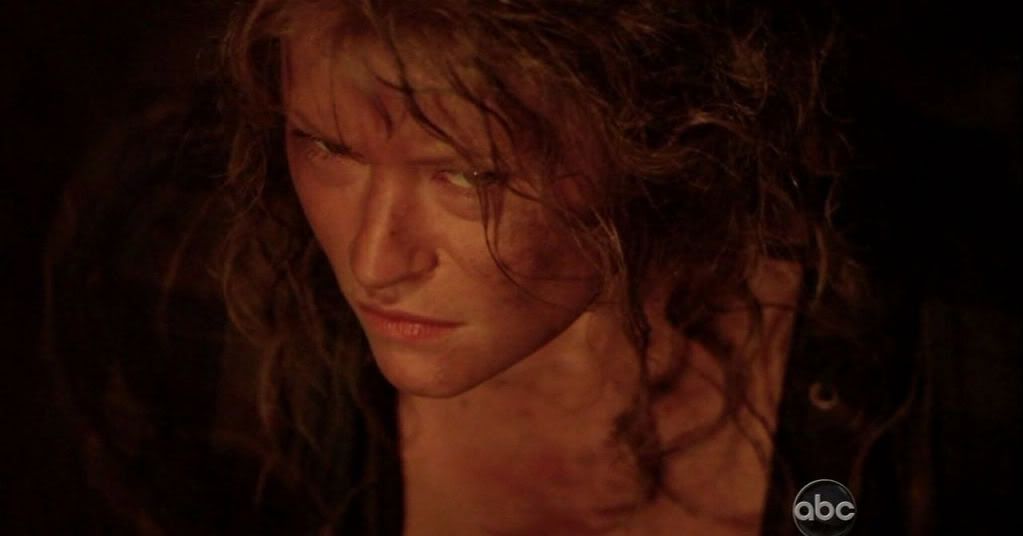
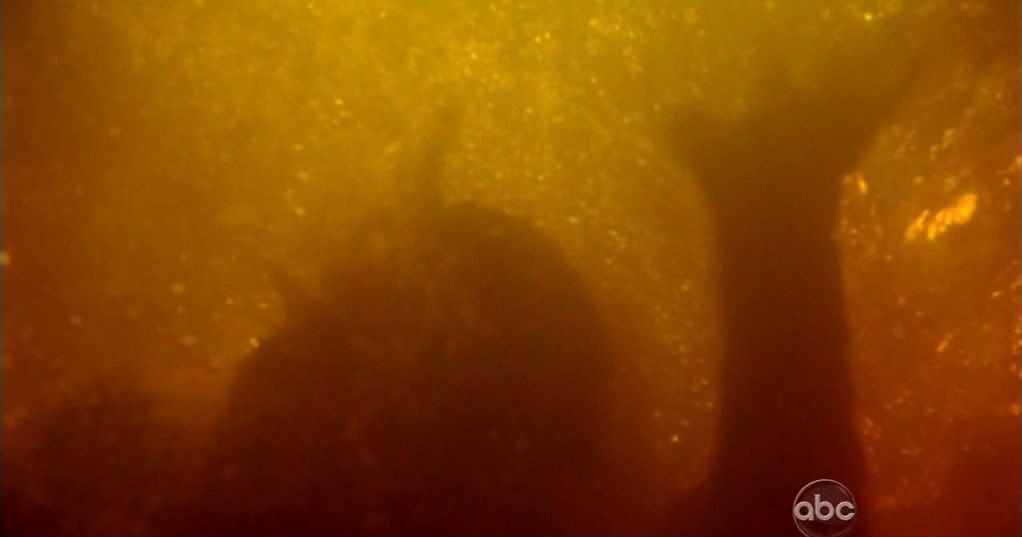
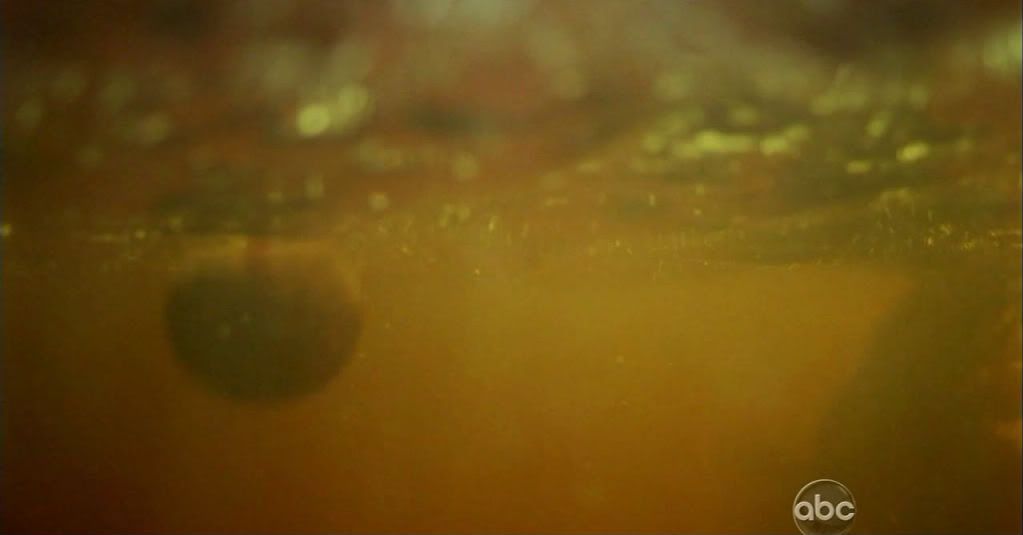
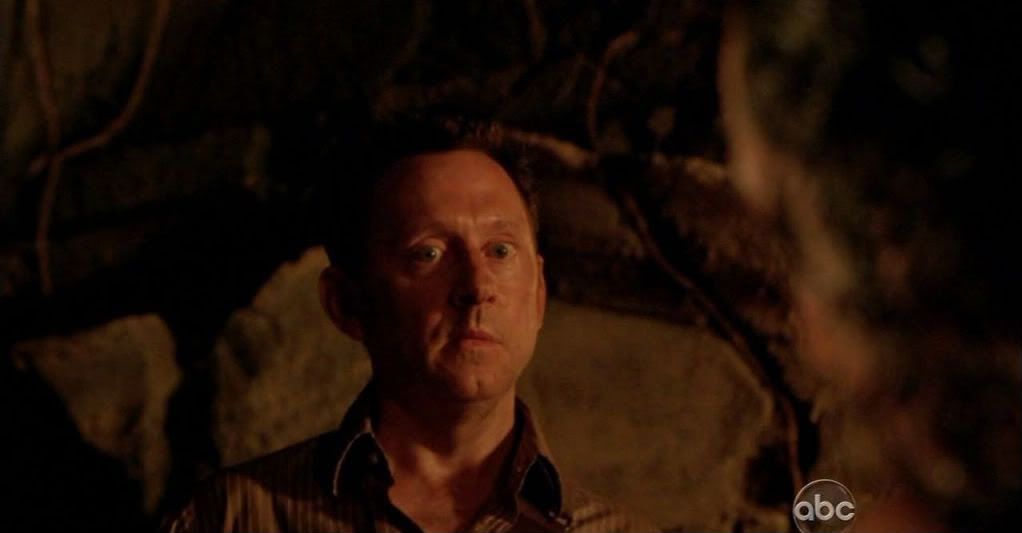
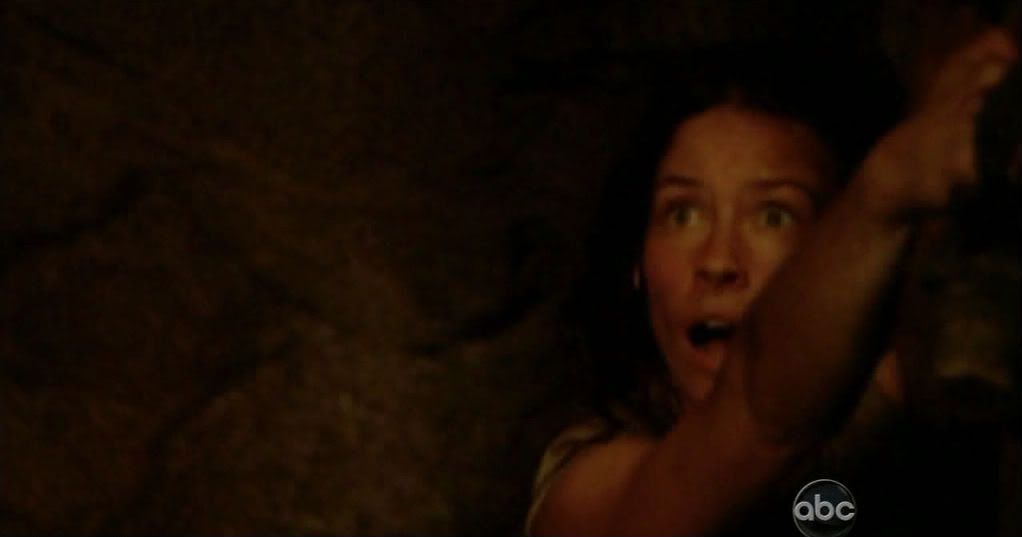
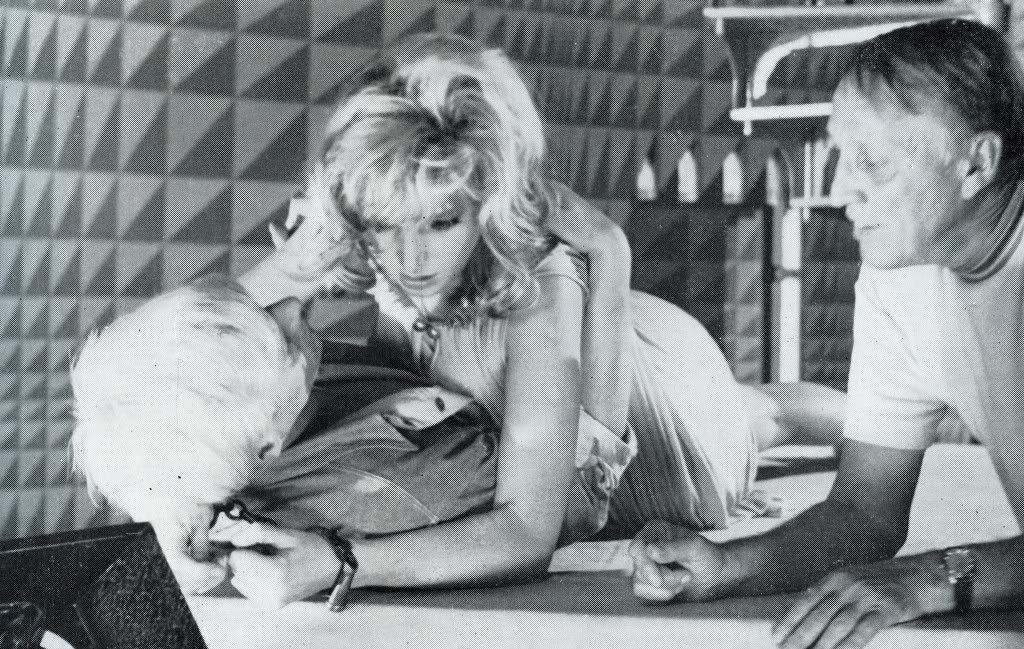
![]()